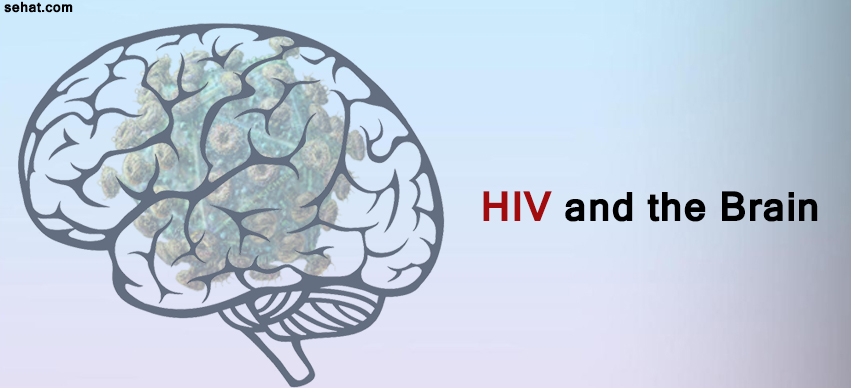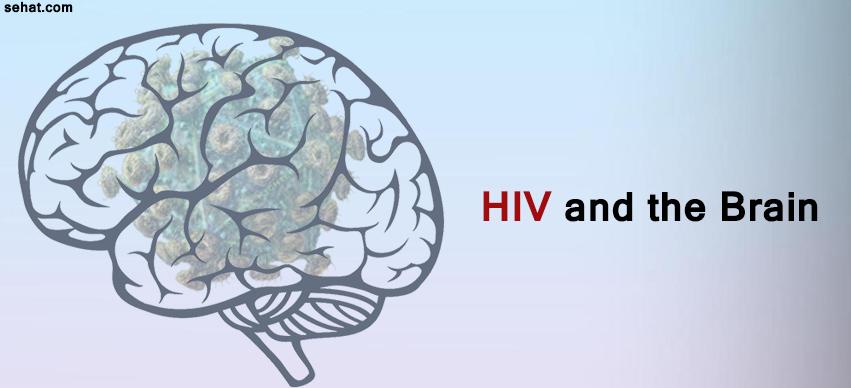Do You Know Gut Problems Could Be Early Signs Of Parkinson�..
4 Min Read


You are aware that HIV is the acronym for Human immunodeficiency virus and It is one of the deadliest viruses around and there were about 36.7 million people across the world suffering from this disease of which 1.8 million were children, affected by their HIV-positive mothers during pregnancy, childbirth or breastfeeding.
HIV not only causes AIDS but can also lead to other issues of the nervous system. These neuro issues can be psychosomatic, cerebral or other conditions that affect the brain. Some diseases are caused by the HIV virus and there are other diseases that are caused by secondary infections that happen when your immune system is weak. In a few cases, medications taken to control the virus can be the cause of other health conditions.
A patient infected with this virus is known to suffer from several diseases as his immune system succumbs to the deadly virus. Doctors believe neurological disorders in an AIDs patient occur when the disease has advanced. However, almost 50% of the people suffering from HIV or AIDS usually suffer from one for of brain condition or another in their lifetime.
It is quite apparent that HIV and the brain are interlinked. This means knowing the potential neural issues and their risk factors may help you take precautions to avoid complications.
HIV is known to attack the immune system and breakdown the defense mechanism. The virus eats away at the layer of blood between the brain and the spinal cord. This layer is known as the blood-brain barrier which protects the brain and the spinal cord from contracting blood-borne diseases. For those infected with the virus this breakdown of the barrier happens soon after the infection sets in causing an inflammation, which affects the learning or the cognitive center present in the brain.
Addiction to drugs, hepatitis, hepatitis along with another infection, family history of mental illnesses, ageing, and a decrease in body mass are risk factors that could cause cerebral disorders. Now that antiretroviral medicines are available the incidence of such disorders has reduced.
Asymptomatic neurocognitive impairment is a condition that could lead to symptomatic issues with mild learning disorders or even HIV related dementia.
Many are not aware of the fact; that dementia can also be caused by HIV. HIV and the brain are interlinked and as HIV advancesit can cause mental disorders. People tend to forget things, lose memory, indulge in abnormal behavior, suffer from motor function disorders and so on. Though complete dementia is common in advanced stages of the AIDS, varying degree of dementia can be seen in patients right from the first stage of HIV itself.
Research points out that HIV can cause an imbalance in the mental health of a patient, which is why many are known to suffer from severe ailments like depression, bouts of anxiousness, gets easily discouraged, hallucinate and so on. They are also known to suffer from mood disorders. In certain cases, medicines like steroids, which are often used to fight swelling caused by HIV are known to affect the brain adversely causing obsession and depression.
HIV can cause inflammation especially near the brain and the spinal cord. This leads to weakness, seizures, headaches and a series of other problems.
Not many people realize that the HIV virus in their body could also lead to bouts of depression, uneasiness.
People experience minor difficulties in learning abilities such as problems concentrating, forgetfulness, changes in personality, reduced movement, and lack of coordination.
Viral, fungal, bacterial and parasitic infections like herpes, meningitis, encephalitis along with HIV rapidly spread through the entire nervous system and attack various parts of the body affecting the organs in the body.
Advanced stages of HIV infection tend to damage nerves throughout the body, which is known as neuropathy.
In advance stages of HIV, the nervous system in the body often succumbs to the virus.The myelin coating on the nerves starts developing small holes in them especially near the spinal cord, which could cause difficulty in walking straight. This condition is quite common among adults who are not getting treatment for AIDS and among children suffering from HIV infection.
Now, that we have established the fact that there is a deep connection between HIV and the brain, it is important that an HIV-infected person finds ways and means to protect their brain and the spinal cord from the virus.
Medicine has come a long way from what it was three decades ago when most people suffering from HIV succumbed to their illness quickly. Now we have medications that can help to prevent other complications of the nervous system as well as slow down the advance of the disease. However, it is important to ensure that you take medicines regularly, have a healthy diet and exercise regularly to keep HIV virus from affecting the brain adversely. Get tested regularly to check for any neurological conditions caused due to HIV and visit the best neurologist in Hyderabad or the city you live in to get the right treatment on time.